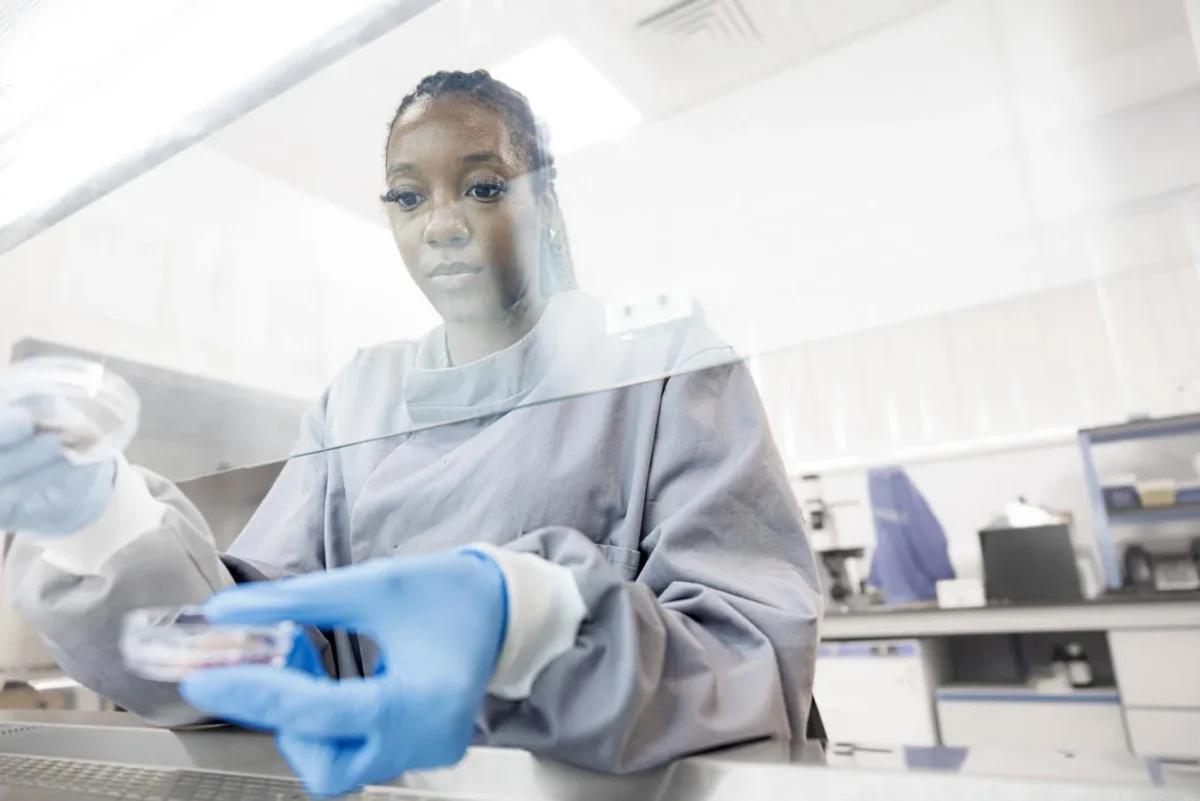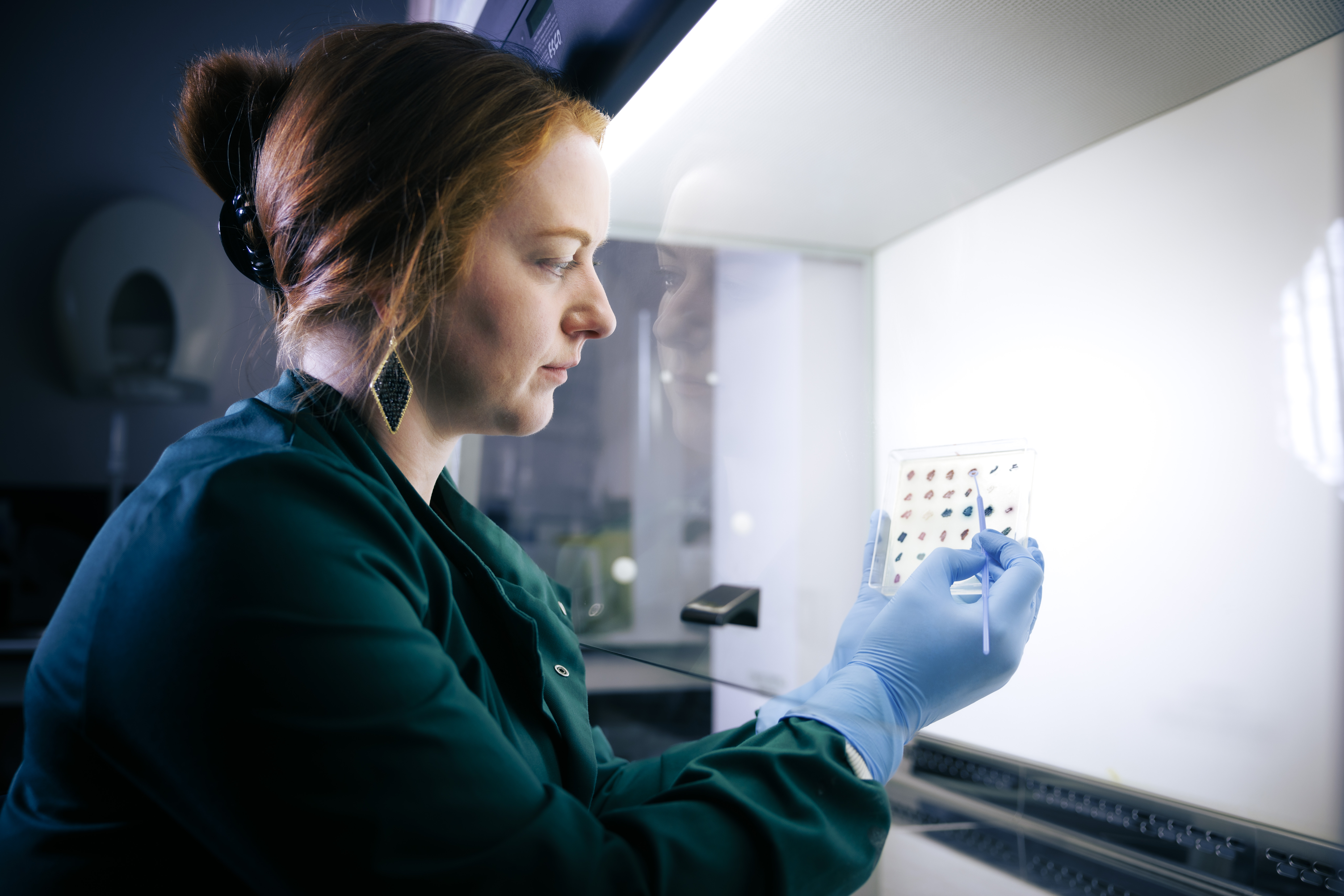Overview
The University of Hull is establishing a £48 million, internationally leading Wound Innovation Centre (WIC) on its East Yorkshire campus. The Centre will bring together world-class researchers, clinicians, and industry experts to advance understanding of wound healing and develop next-generation treatments for chronic wounds. As a national hub for skin and wound research, it will serve as a catalyst for knowledge exchange, clinical excellence, and regional economic growth, cementing East Yorkshire’s reputation as a global leader in wound care innovation.
The Challenge
Chronic wounds affect millions of people worldwide and represent a significant yet often overlooked area of healthcare. These long-lasting, non-healing wounds can cause severe pain, loss of mobility, and a reduced quality of life, particularly among older adults and those with conditions such as diabetes or vascular disease. In the UK alone, the NHS spends an estimated £8.3 billion each year on wound care, more than the annual cost of treating obesity or cancer.
Existing treatments are inadequate and there is an urgent need for more effective, evidence-based approaches that not only improve patient outcomes but also reduce the growing financial and resource pressures on healthcare systems.
Partnerships

Our Wound Innovation Centre brings together academics, clinical researchers and industry to improve our understanding of wound complications and to develop new treatments for wounds that fail to heal.
The University secured £16 million from the UK Research Partnership Investment Fund, with match funding from industry partners to create a £48 million facility. The centre will also benefit from refurbished clinical facilities at Castle Hill Hospital. This investment will deliver world-class research facilities and cutting-edge equipment.
The Wound Innovation Centre, has been developed in collaboration with a consortium of industry partners, including Polaroid Therapeutics (PTx) and Reckitt.
Research
Our translational wound research centre is uniquely positioned to rapidly translate new discoveries to the clinic, transforming quality of life for those impacted by chronic wounds.
We are working closely with the NHS, industry and those impacted by problem wounds to understand the causes of wound infection, and poor wound healing. We are finding solutions for effective wound management by bringing together the right experts, facilities and resources to tackle the challenge, head on.
The Wound Innovation Centre (WIC) will bring together academics, clinical researchers, and industry specialists to drive progress in wound care. Through discovery and translational research, the Centre will focus on advancing understanding of wound healing and developing innovative treatments for chronic wounds. It will also tackle critical challenges such as antimicrobial resistance, working collaboratively to find sustainable solutions that improve patient outcomes. As a national hub for skin and wound research, the WIC aims to foster innovation, share expertise, and accelerate the translation of research into real-world clinical impact.
The centre builds on Hull’s existing strengths in skin health and wound healing, supported by Hull York Medical School and the University’s broader health research portfolio.
Impact

The Wound Innovation Centre (WIC) will have a transformative impact on both healthcare and the regional economy. By improving the quality of life for patients living with chronic wounds, the Centre’s research and innovations will deliver tangible benefits to individuals and communities. Its work will help reduce the financial burden on the NHS and other healthcare systems through more effective, cost-efficient treatments. By accelerating the translation of research into real-world therapies, the Wound Innovation Centre will position the University of Hull as a global leader in wound care innovation. In doing so, it will strengthen the region’s research capacity, attract investment, support future funding bids, and drive sustainable economic growth.




